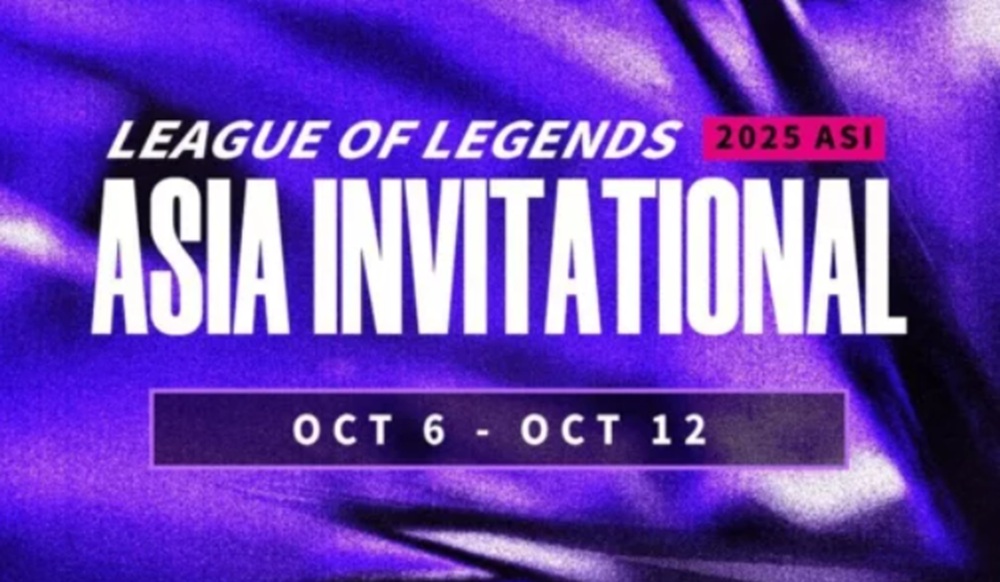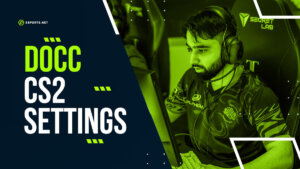Best supports to play with Kog’Maw in LoL
If you’re wondering which champions are the strongest with Kog’Maw, here are the five best supports you should be playing alongside him.

Image Credit: Riot Games
The best supports to play with Kog’Maw in LoL
Kog’Maw has always been a rather unique champion. He has rarely been a meta champion throughout the years, but he can be an unstoppable force in the right hands.
Kog’Maw is one of those champions that desperately needs certain supports to empower him, or else he will be just a very squishy, immobile carry.
If you’re not sure which champions you should be playing with Kog’Maw, we have compiled a list of the best supports that are 100% guaranteed to work with him. We will be taking a look at the key strengths and weaknesses of all the different bot lane duos, so you know exactly what to expect.
Lulu – the no. 1 support for Kog’Maw
Whenever these two champions are available, you should always aim to pick Lulu alongside Kog’Maw. There is no other champion that synergizes as well as her.
This is because Lulu does a wonderful job at peeling and protecting Kog’Maw at all stages of the game, providing great shields while also adding more damage to his combos with Pix.
When playing against Kog’Maw, the enemies will likely try to focus and use all their important abilities on the ADC. Lulu has the power to neutralize most of the engages with her polymorph, and most importantly, her ultimate Wild Growth.

Image Credit: Riot Games
The bot lane duo’s weakest point in the early game, so the goal when playing this bot is to focus on farming and avoid dying as much as possible. Kog’Maw scales infinitely and once he gets a few items, he can really the ball rolling.
If you want to climb soloQ, Lulu will always be the primary choice to play with Kog’Maw. It requires a good level of coordination, but playing them together will heavily increase the chances of victory.
Milio – The Lulu alternative
There might be times when Lulu is taken or banned during champ select, especially at the higher ELOs since players will expect a Lulu alongside Kog’Maw.
If this situation occurs, you can always consider picking Milio as the best Lulu alternative.

Image Credit: Riot Games
Similar to the other enchanter champion, Milio can shield Kog’Maw and protect him. The difference, though, lies in the way they peel the ADC: while Lulu neutralizes enemy champions, Milio empowers his own ally with the Cozy Campfire (W) and his ultimate (R), which cleanses incoming crowd controls.
The main advantage Milio has over Lulu is the attack range bonus Kog’Maw gets from the Cozy Campfire, which makes late-game teamfights essentially free for this bot lane. Kog’Maw can attack so far away that he can be completely untouched and if something happens, Milio is always ready to make sure he doesn’t die.
Read also: Best ADCs with Milio in League
Karma – “The best among the rest” for Kog’maw
If you can’t play Lulu and Milio to a high level, there is another enchanter you can consider playing: Karma.
Even though she doesn’t synergize as well as the aforementioned two picks when it comes to empowering Kog’Maw, Karma is still great at peeling and can provide better early game trading potential thanks to her poke.
If the enemy team has lots of long-range abilities or high burst damage, Karma is a great answer and a good support to pair with Kog’Maw.
That said, this bot lane can struggle against bully laners that can force plays with enough proactivity. You won’t win most early trades anyway, so chill and focus on scaling.
Braum – Things get rough? Call Braum.
Even though Braum is quite in a weak spot currently, he’s one of the best champions to play alongside Kog’Maw in this meta. This is because Braum can face tank most of the damage directed to Kog’Maw with his E, while also providing lots of crowd controls to stop the enemies’ aggression.
Thanks to the ADC’s high attack speed and DPS, it’s super easy to apply Braum’s passive and stun multiple targets in a span of seconds, giving time for Kog’Maw to kite and reposition himself in a safer spot. The ultimate is just the icing on the cake since it will further extend the crowd control durations.
There is a trade-off playing this duo, however. You’re mainly looking to play reactively, responding to the enemy aggression, rather than trading aggressively yourself. Keep that in mind or this pairing will backfire really quickly. If Kog’Maw drops heavily behind, even a Braum won’t save him from death.
Read more: Best supports to play with Lucian in League
Nami – Providing extra crowd control
While enchanter supports like Lulu and Milio do a great job at empowering Kog’Maw and providing additional tools to improve his DPS, there is another champion that checks all the marks: Nami. The main difference is that she can also be picked for aggressive trading early on, which is something Kog’Maw can’t really capitalize on.
Nami excels at disrupting champions looking to shut down Kog’Maw at the start of a fight so she still remains a great alternative. That said, it requires more coordination from the bot lane duo since it would be much tougher to make a come back when behind.
Read also: Best supports with Jinx in League














